A myth of Färinor, taken from The Tower of Vargon.
The Loring poked the fire vigorously with a stick, making the flames leap on high and sparks climb dizzily into the night. His bald head seemed to glow in the sudden light, and his dark eyes glittered sorcerously. ‘Has nobody got a story to tell us?’
‘Old or new?’ asked Kataki.
‘Old, to be sure,’ said the Loring. ‘Tales and apples are bitter when picked unripe.’
Mazuj sighed. ‘My grandmother used to tell stories, but I don’t remember them well enough. Avel?’
‘I don’t remember my grandmother at all. I was too young when the reapers took her.’
‘Then it falls to me,’ said the Loring. ‘I never had a grandmother, but I can tell you a tale as old as I am, if that will do.’
Kataki laughed. ‘Were there tales so long ago?’ she asked archly.
‘There were deeds,’ the Loring answered; ‘they were made into tales later.’
Avel looked so eager that he almost seemed to smile. ‘Is it a true tale, Master Loring?’
‘As true as words will allow, child. It will not go easily into your speech, but I shall do the best I can.’ The old man stretched his limbs one by one, then sat cross-legged with his hands on his knees, facing the three children across the fire. ‘Hear and heed,’ he intoned, ‘while I tell of the Worm of the Ages.’ [Read more…]

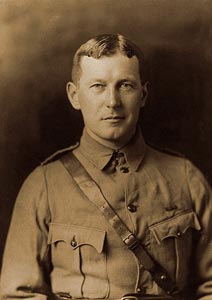
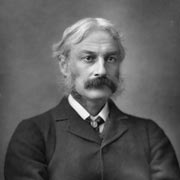
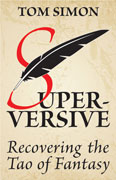
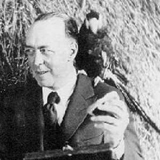
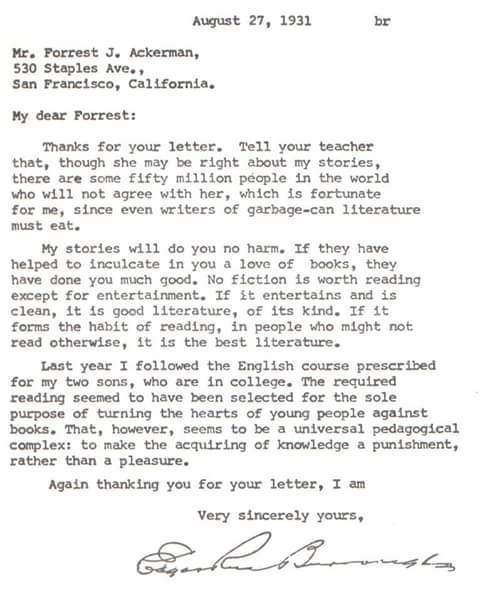






Recent Comments